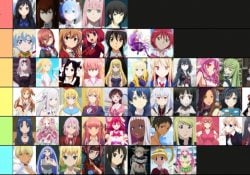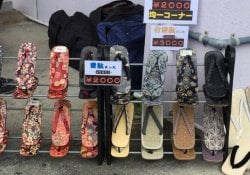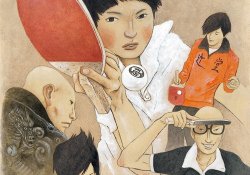The obvious difference in mentality, culture, and society between Western and Eastern countries has not stopped thousands of students from seeking higher education in the Land of Morning Calm. According to the researchers from the write my research paper service, the rapidly growing economy and the South Korean government's favorable attitude toward internationalization make the country an attractive destination for educational tourism. High-speed Internet, the prevalence of English, and a loyal startup system attract students from all over the world to South Korea.
internationalization make the country an attractive destination for educational tourism. High-speed internet, the prevalence of English and a loyal boot system attract students from all over the world to South Korea.Índice de Conteúdo
Higher Education System
Higher education is popular in South Korea. About 70% of high school graduates enter higher education institutions, which include not only classical universities, colleges and open universities (which organize academic courses via the Internet).
The university education process is divided into three stages: Bachelor, Master and Doctorate. It takes four years to get a bachelor's degree, and it takes two years for a master's degree. Doctoral students work on research for no more than four years.
The academic year in South Korea is divided into two semesters. One starts in March and the other in September. After each semester, vacations are announced: summer, mid-July to August; winter, from late December to February.
Importantly, you must pay for all types of education in Korea (including even preschool education). Higher education costs $1,500 to $8,000 a year. Master's programs cost about a quarter of that.
The universities' voluminous infrastructure is also financed to some extent by students, who pay each semester for student support services, room and board in dormitories, and health insurance.
The Content Side of the Study
The period in which a student can earn a bachelor's, master's or doctoral degree in South Korea is almost identical to that in Europe. However, the content of the Korean educational process differs markedly from that of Europe.
Most Korean universities adhere to liberal educational standards. There are no rigorous curricula here. Students are free to choose the subjects they are interested in, including general science and specialist subjects. Such a format, combined with the cost of education, motivates students to choose the subjects they study responsibly. It is student prioritization that determines how useful and productive their years at university will be. Thus, perceived freedom imposes significant responsibilities and obligations on students.
When evaluating a student's academic performance, South Korean educators are not concerned with the amount of information learned, grades, or even attendance. The most important thing a student must do to get a good grade is to prove that he can apply the information he has learned in practice. Students prepare real projects and solve cases, demonstrating their ability to use theory in a variety of situations.
There are no seminars at universities in South Korea, only lectures in the curriculum. There are several formats of class lessons. There are several formats of class lessons. In the first, the instructor assigns each student to prepare a presentation that addresses certain aspects of the topic under study. During class, students present their information from which the big picture emerges. This format teaches students effective public speaking, concise presentation, and rapid assimilation of information.
Another way in which the teacher plays the role of moderator is a lively discussion among students. He or she asks important questions, identifies topics for discussion, gives examples and invites comments. The result of scientific discussions is a solid understanding of the material. Strong emotions are known to evoke long-term memorization. Students who emotionally prove their point of view on the subject under study memorize the course of their thoughts and arguments, as well as the logic of their opponents.
Universities in South Korea
Today, in South Korea, there are about 400 higher education institutions. Among them, there are private and state universities. The three most prestigious universities are designated by the abbreviation SKY and include:
- seoul national university
- Korea Advanced Institute of Science and Technology
- Yonsei University
The Seoul National University is Korea's largest university, founded in 1946 after merging 10 educational institutions of various specializations. The University of Seoul is the Alma mater for tens of thousands of undergraduate and graduate students. They are studying social, natural and technical sciences, ecology and engineering programs, veterinary sciences and music. The university's faculty takes a liberal view, giving students as much freedom as possible throughout the educational process. Another important activity of this university is its student exchange programs, which are designed for both long-term studies and short-term internships.
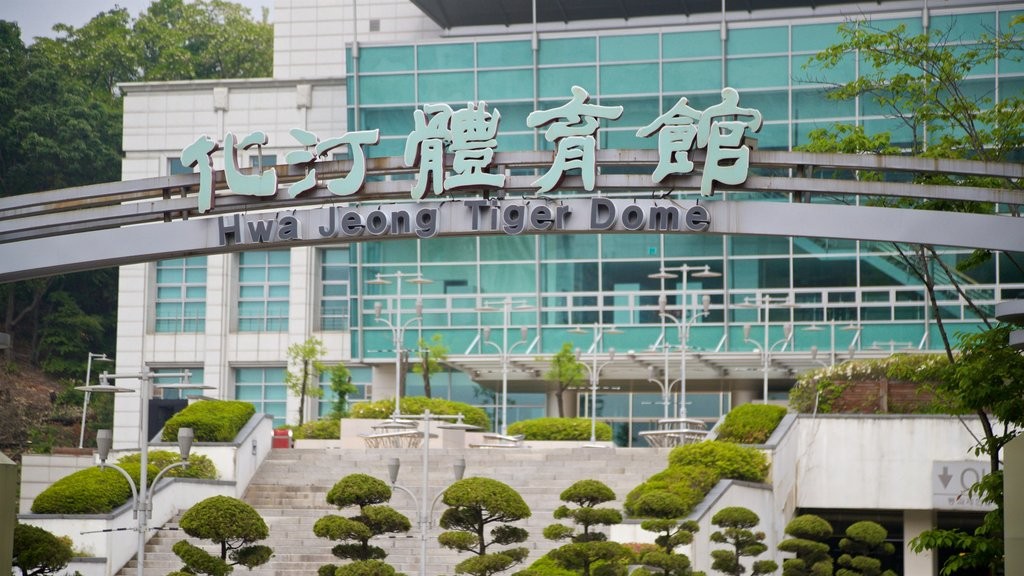
KAIST (Korea Advanced Institute of Science and Technology) is the leading university in South Korea and in less than 50 years of work it has managed to become one of the top ten universities in Asia and one of the top 100 universities in the world. KAIST is located in Daejeon, a mountain town about 140 kilometers from Seoul. Most of the university's educational programs are devoted to mathematics, engineering, chemistry, physics, electrical engineering, as well as biotechnology and IT. However, KAIST also has a liberal arts department that educates future journalists, political scientists, and intellectual property managers. Students are housed in 22 dormitories on the university's sprawling property. Festivals and concerts are also an essential part of KAIST's cultural life.
Yonsei University is an elite and privately owned research center and one of the top three universities in South Korea. Yonsei University hosts many educational English language courses, including the MBA business program. The summer school for international students offers a variety of hundreds of courses ranging from arts and culture to social and technical sciences. Full of clouds of green, the Yonsei University campus is considered one of the most picturesque campuses in the world.
The Ewha Woman's University is a non-governmental university for women in the heart of Seoul, founded in the late 19th century. Today, Ewha Woman's University is the largest women's university in the world. Ewha's mission is to help women become leaders in their professional environment. The university has a special attitude towards tradition because it was founded on the basis of a women's mission school. It offers courses in the humanities, social and natural sciences, engineering, music, pedagogy, law and design.
The Pohang University of Science and Technology (POSTECH) is a world-renowned private university located in the city of Pohang. Research and scholarship in technology and technical disciplines is a priority for POSTECH. The university is famous for its experts in mathematics, chemistry and physics. The faculties of industrial engineering, electronics and computer technology also attract students from all over the world to POSTECH.
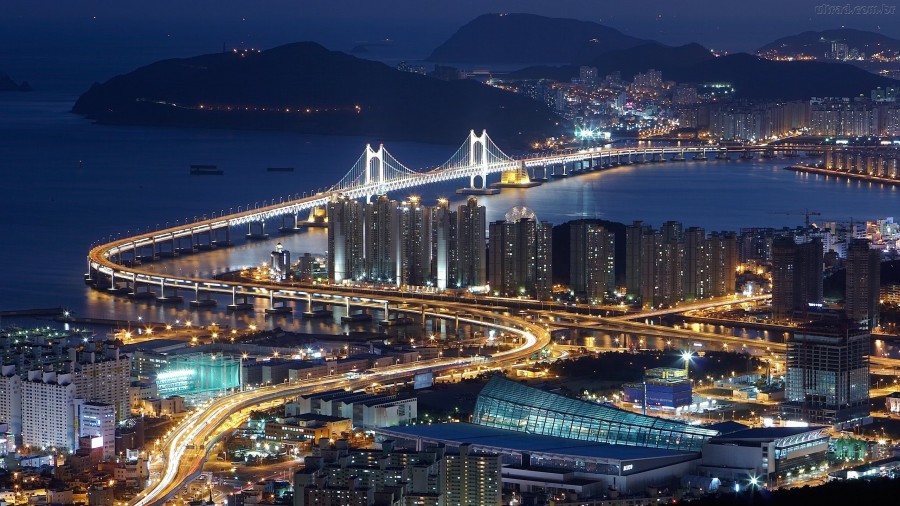
The article is still halfway through, but we recommend also reading:
admission
Peculiarities of admission to South Korean universities depend on the principles of a particular institution. Sometimes they are different, but there still are some common features.
March is the official start of the academic year in South Korea. However, many universities accept new students twice a year. For those wishing to apply during the “yellow fog” period (in March, South Korea is briefly covered by clouds of sandy dust from the Gobi Desert), the application and admission testing period runs from September to November. Those planning to study from September onwards should submit their information in May or June.
Most universities in South Korea accept candidate portfolios via email or through a special application form on the school's website.
Korean is an advantage and not a requirement for international students. A large proportion of educational programs require instruction in English. Thus, the candidate, in any case, will need a certificate confirming the proficiency level in language: TOEFL or IELTS - in English, TOPIK - in Korean.
Testing is the main way of selecting worthy applicants. In South Korea, essays and written recommendations are mistrusted. They are considered difficult to evaluate objectively. That is why the essay writing service reddit reviews are mostly from the US and European students.
So, if you decide to study in South Korea now, you know the main details of education there. We wish you good luck!


